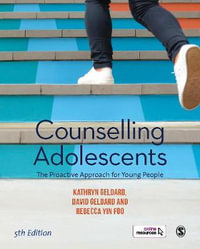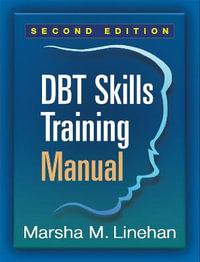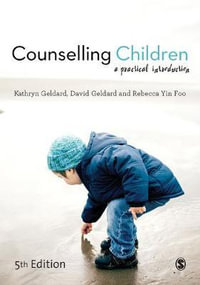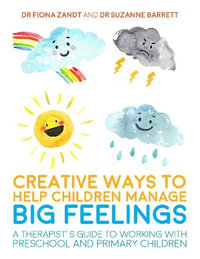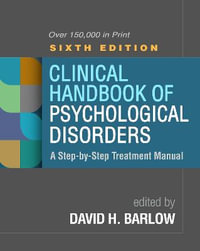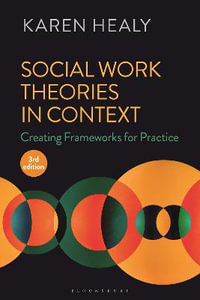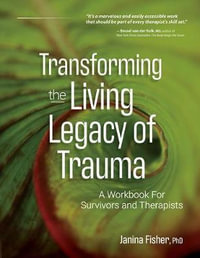Tackling social exclusion should be a central aim of any civilised social policy. In this meticulously revised and updated new edition of his groundbreaking study, Sport and Social Exclusion, Mike Collins has assembled a vast array of new evidence from a range of global sources to demonstrate how the effects of social exclusion are as evident in sport as they are in any area of society.
The book uses sport as an important sphere for critical reflection on existing social policy and explores sport's role as a source of initiatives for tackling exclusion. It examines key topics such as:
⢠What is meant by 'social exclusion'
⢠How social exclusion affects citizenship and the chance to play sport
⢠How exclusion from sport is linked to poverty, class, age, gender, ethnicity, disability, and involvement in youth delinquency, and living in towns or countryside
⢠How exclusion is linked to concepts of personal and communal social capital.
It uses four revised and five new major case studies as detailed illustrations, notably Be Active, Birmingham, the national PE and Youth/School Sport strategy, Positive Futures and Street Games.
.
Sport and Social Exclusion features a wealth of original research data, including new and previously unpublished material, as well as important new studies of social exclusion policy and practice in the UK and elsewhere. This revised edition surveys all the most important changes in the policy landscape since first publication in 2002 and explores the likely impact of the London Olympic Games on sport policy in the UK. The book concludes with some typically forthright commendations and critiques from the author regarding the success of existing policies and the best way to tackle exclusion from sport and society in the future. By relating current policy to new research the book provides an essential guidebook for students, academics and policy makers working in sport policy and development."
Industry Reviews
"This second edition of Sport and Social Exclusion (first published in 2002) provides a substantially updated, more topical survey of the major inclusivity/exclusivity issues that sport participants, administrators, coaches, and scholars face. Collins (Loughborough Univ., UK) neatly balances key concepts with examples and case studies to illustrate how now, perhaps more than ever before, sport practitioners should be mindful of organized sport's capacity to create both positive outcomes (emotional well-being, physical health, social inclusion) and negative outcomes (social divisions, exclusion, exploitation, violence, racism, sexism, ableism). This outcome-orientated book is a must read for those interested in counterbalancing sport studies' prevailing positivism with an approach that more critically interrogates sport as an important, yet certainly imperfect, cultural formation. Summing Up: Highly recommended" -J. Newman, Florida State University, CHOICE Reviews, May 2015


